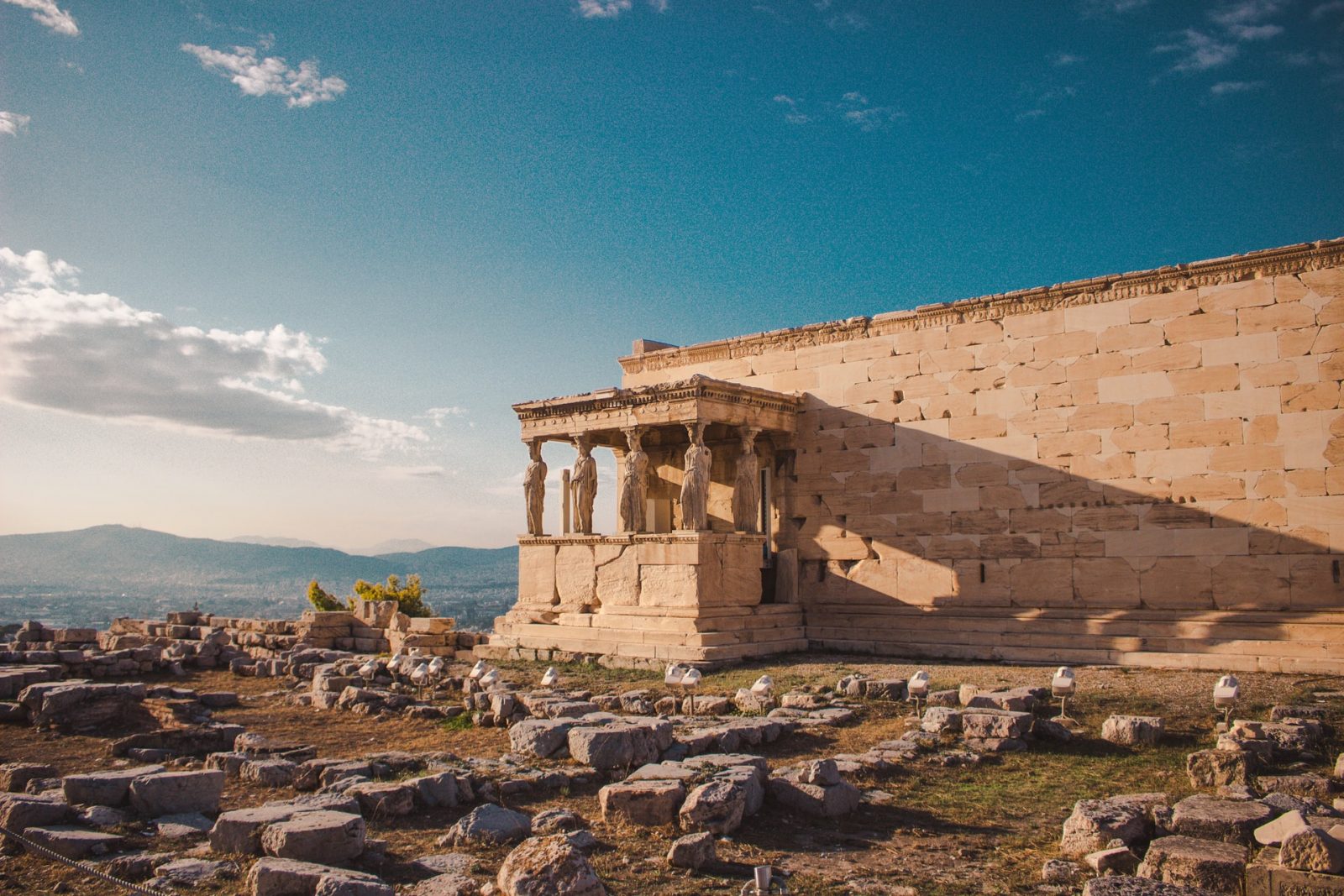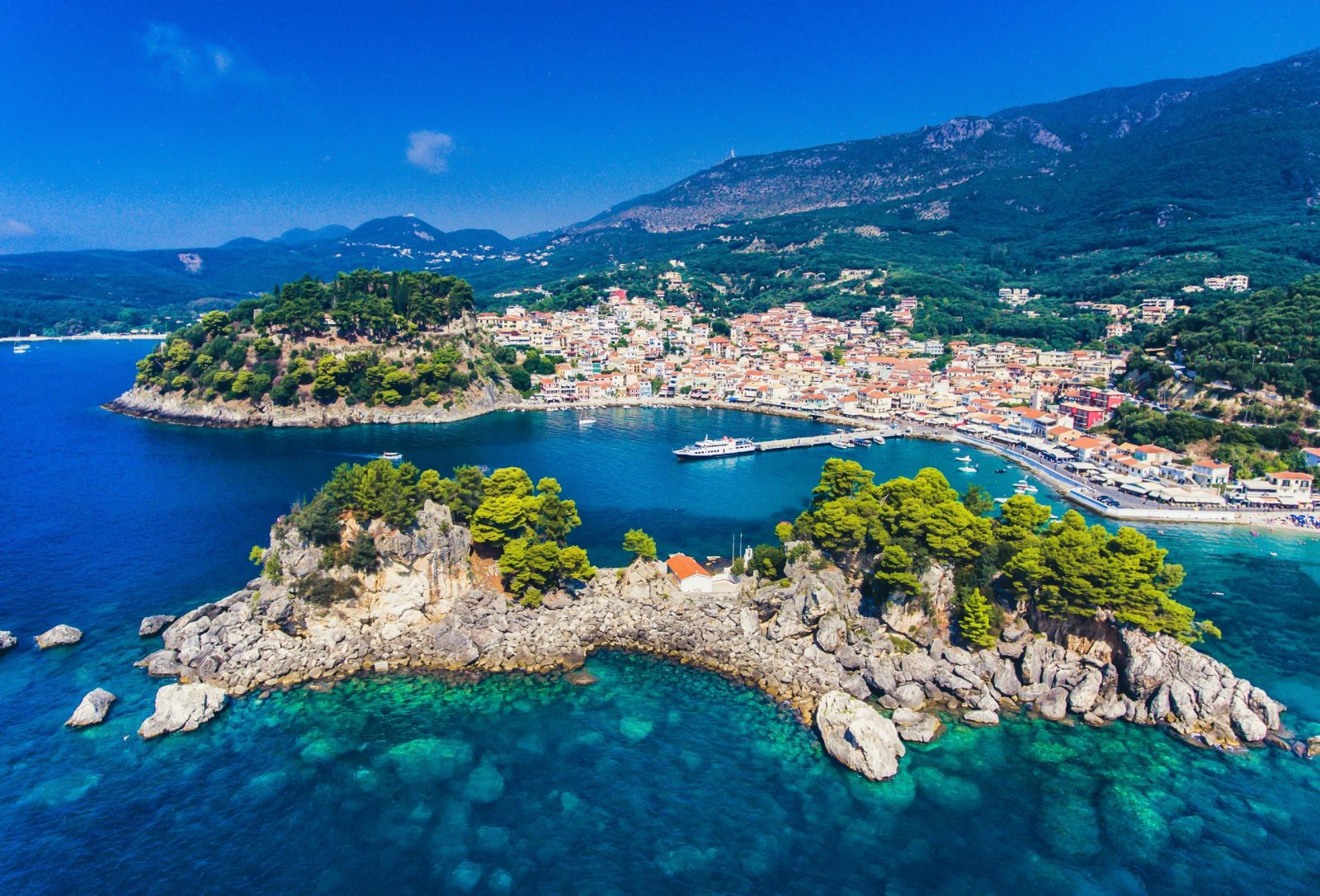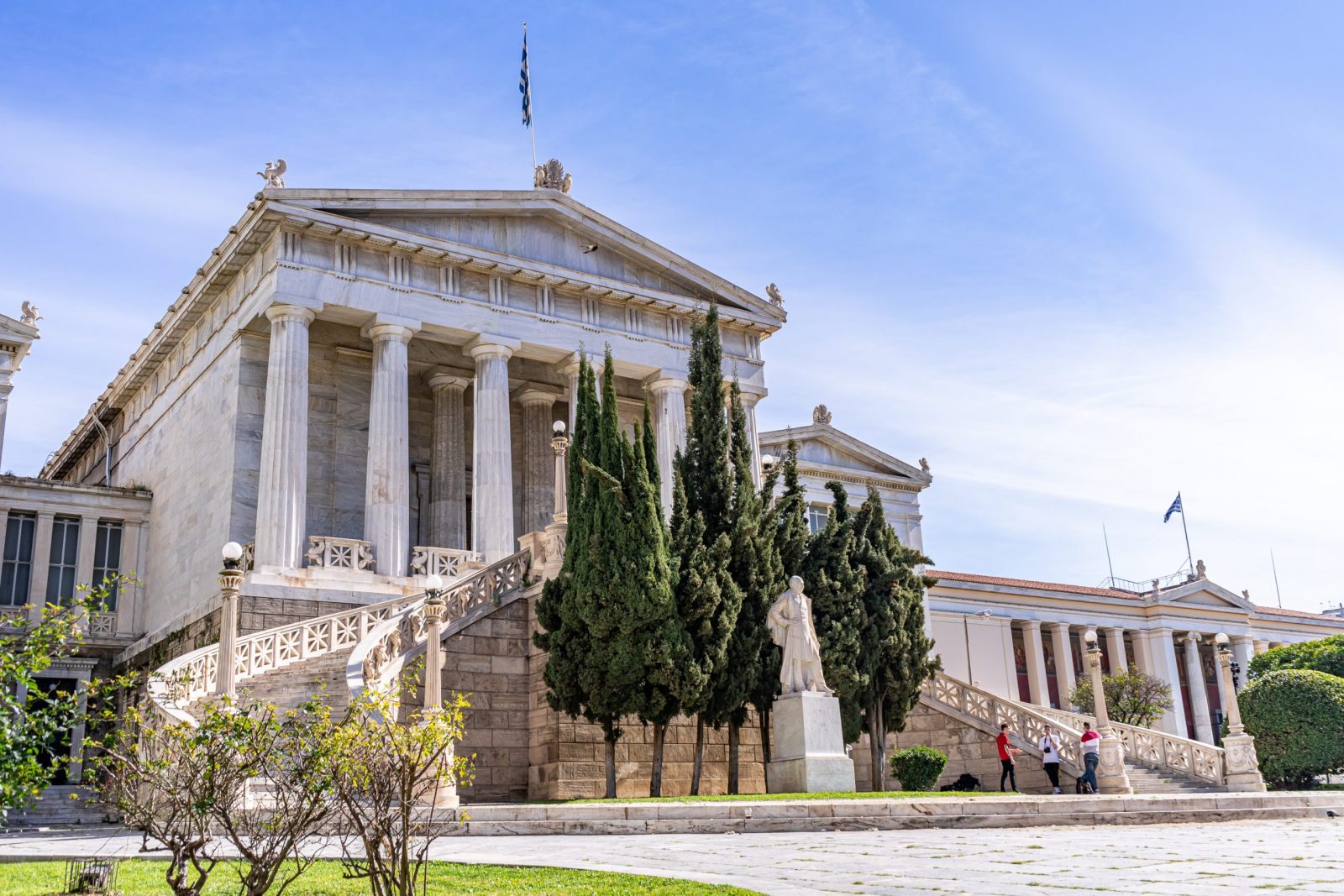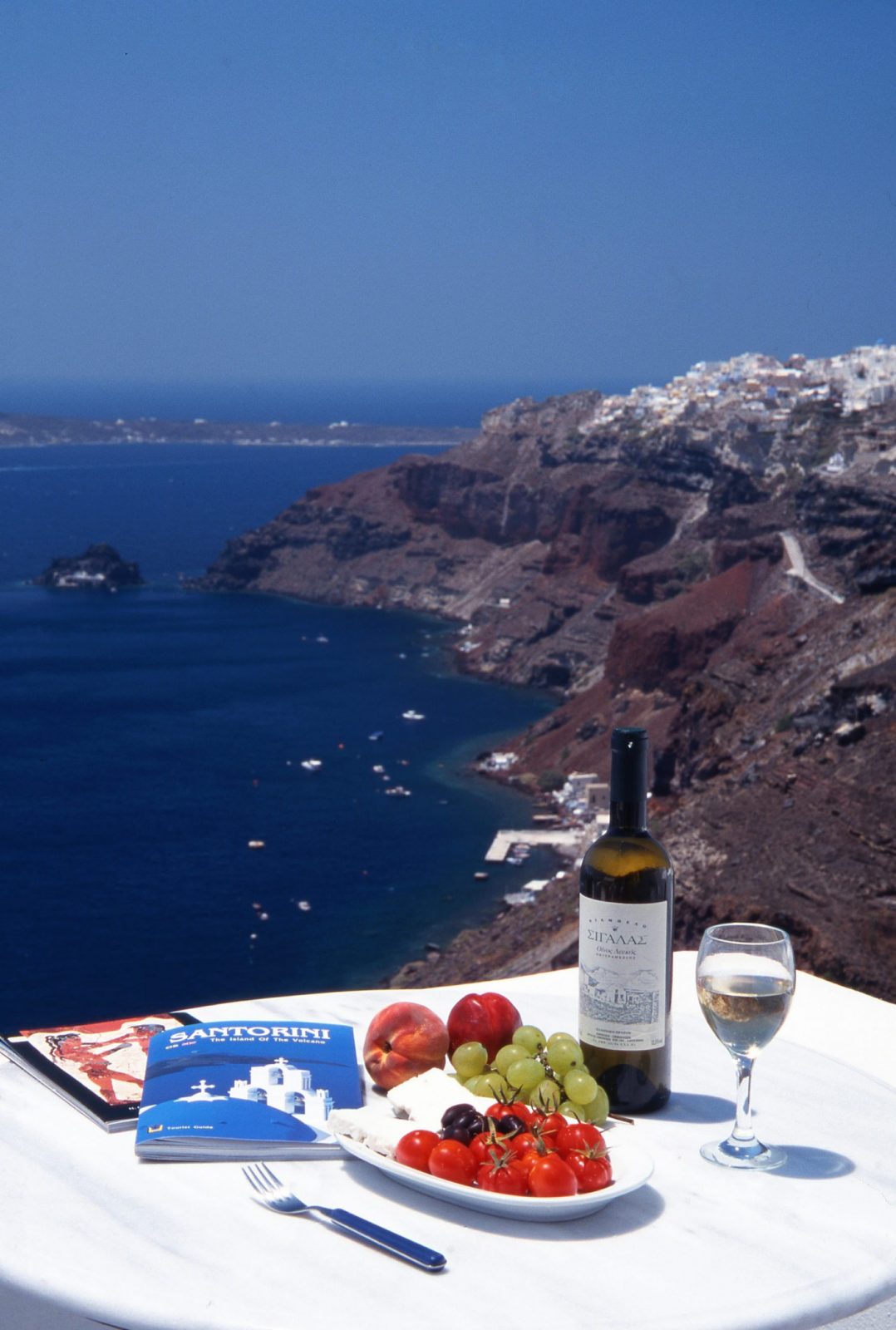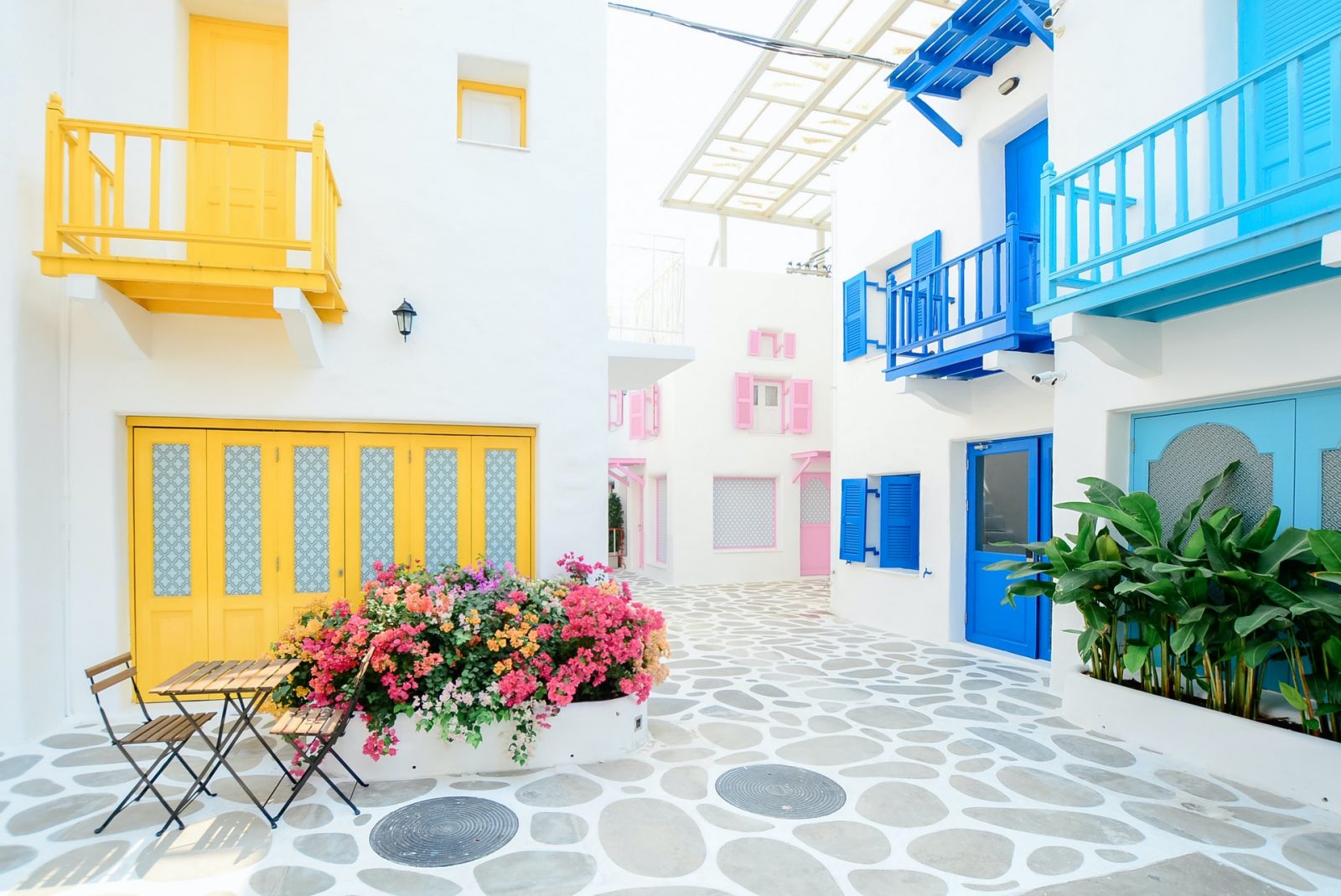Greece is a crossroads of ideas, customs, languages and knowledge for people in Southern Europe and the eastern Mediterranean since antiquity. Greece’s cultural heritage can be described as largely based on a skillful reshaping of elements from Ancient Greek imagination, Byzantine glories and European Modernity that form a cosmopolitan spirit of modern Hellenism. Greece is a multi-cultural country of great and diverse interests. Greeks are particularly proud of their culture, they speak of their country with intense passion, expressing the feeling that Greek culture is a definition of their national and ethnic belonging. Wonderful regional traditions, religion, music, language, theatre, food and wine, are the major composites of the culture in mainland Greece and the Greek Islands creating an incomparable base for everyone wishing to visit and understand contemporary Greece.
The New Acropolis Museum, the National Archaeological Museum in Athens, The Archaeological Museum of Olympia and the Heraklion Archaeological Museum, Museum of Delphi are some of the ‘must visit’ in Greece. Furthermore Greece is characterised by an extremely fragmented, rugged landscape. Such climatic and biological diversity, along with the rich flora and fauna, made the need for the creation of national parks. In 1938 the first national park in Greece was established, the Mount Olympus National Park, followed bu the immediate creation of the Parnassos National Park and many more

